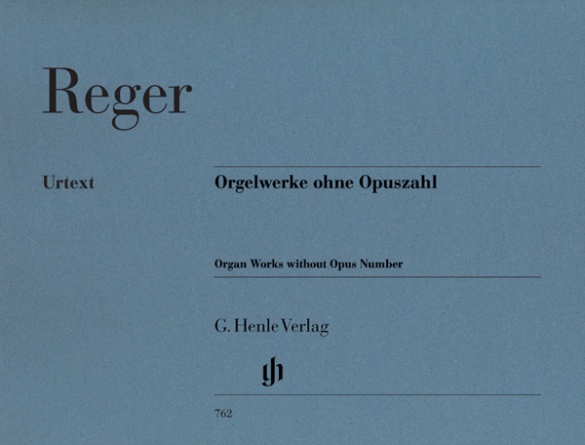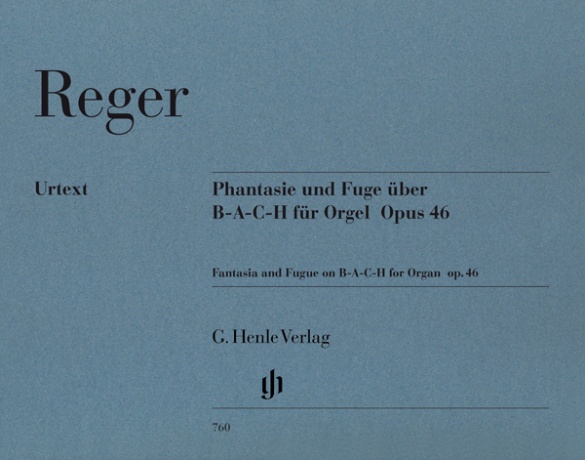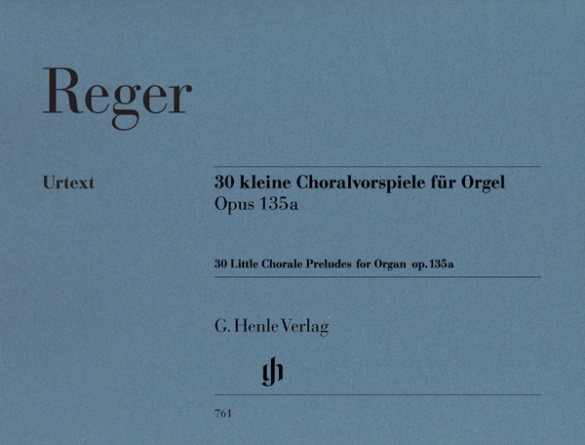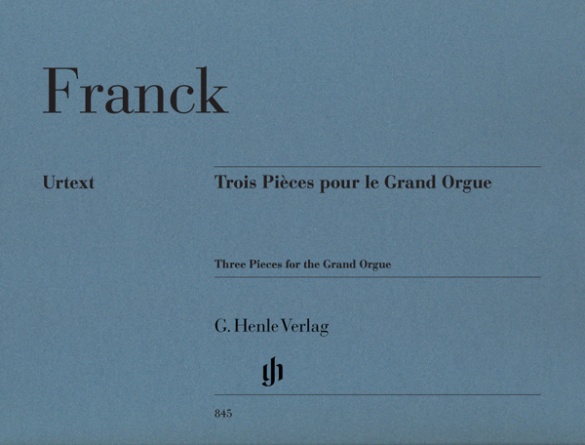Max Reger
Organ Works without Opus Number
>
内容/詳細
作曲家について
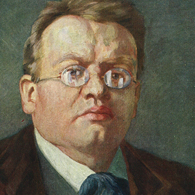
Max Reger
Late-Romantic composer who combines a chromatic tonal language with Baroque and Classical forms, thus anticipating 1920s neoclassicism.
| 1873 | Born in Brand (Upper Palatinate) on March 19, the son of a teacher. First piano lessons from his mother. |
| 1888 | After a visit to Bayreuth (for Meistersinger and Parsifal), decides on a career in music. |
| 1890–93 | Studies with Hugo Riemann at the conservatory in Wiesbaden, composes chamber works. Thereafter he endeavors to publish his own works as a freelance composer, albeit with multiple failures. |
| 1898 | Return to his parents’ home in Weiden. Composition of organ works: choral fantasies, “Fantasy and Fugue on B-A-C-H,” Op. 46 (1900); Symphonic Fantasy and Fugue (“Inferno”), Op. 57. |
| 1901–07 | Living in Munich. |
| 1903 | Publication of his “On the Theory of Modulation,” causing Riemann to feel attacked because Reger espouses a different understanding of the role of chromatics. “Variations and Fugue on an Original Theme,” Op. 73. |
| 1904 | Breakthrough with his first performance for the Allgemeine Deutsche Musikverein (General German Music Association). First volume of his “Simple Songs” for voice and piano, Op. 76; String Quartet in D minor, Op. 74, one of the most significant works in that genre at the beginning of the century. |
| From 1905 | Instructor at Munich’s Academy of Music. “Sinfonietta” in A major, Op. 90. |
| 1907–11 | Music director and professor of composition at the University of Leipzig. Orchestral work “Variations and Fugue on a Theme by Hiller,” Op. 100. |
| 1909 | “The 100th Psalm,” Op. 106, his most popular choral work. |
| 1911–14 | Director of the royal court orchestra of Saxe-Meiningen. |
| 1912 | “Concerto in the Old Style,” Op. 123. Orchestral song “An die Hoffnung” (“To Hope”), Op. 124. |
| 1913 | “Four Tone Poems after A. Böcklin” for large orchestra, Op. 128; “A Ballet Suite,” Op. 130. |
| 1914 | “Variations and Fugue on a Theme by Mozart,” Op. 132 |
| 1915 | He resides in Jena. Late compositions. |
| 1916 | Death in Leipzig on May 11. |
校訂者や運指担当者について

Michael Kube (校訂)
Dr. Michael Kube, born in 1968 in Kiel, studied musicology (with Friedhelm Krummacher and Heinrich W. Schwab), the history of art and ethnology at the Christian-Albrechts-Universität zu Kiel. Since 1998 he has been a research associate at the New Schubert Edition (Tübingen) and since autumn 2002 also a member of the editorial board.
Kube is on the panels of different juries and music prizes, and is also a member of the Committee for work evaluation (Werkprüfungsausschuss) of VG Music Edition. His research interests include music for keyboard instruments around 1700, 19th century chamber music, early 20th century music history, as well as Scandinavian music history.
製品安全に関する情報

G. Henle Verlag
製品の製造元に関する情報はこちらでご覧いただけます。G. Henle Verlag
Forstenrieder Allee 122
81476 München
info@henle.de
www.henle.com
Hier kann man den unbekannten Reger mit einigen vernachlässigten Werken kennenlernen; zusammengetragen aus verstreuten und versteckten Quellen, aus Alben und Zeitschriftenbeilagen. (...) Das überschaubare, großzügige Notenbild im Querformat kommt Regers Schreibstil mit seinen ausführlichen Interpretationsangaben enorm entgegen.
nmz, 2014Klare Empfehlung.
Kirchenmusik im Bistum Trier, 2014Editorisch hochkomplex aufgrund der Vielzahl an Vortragsbezeichnungen und der wegen eines fehlenden Autographs letztlich unbefriedigenden Quellenlage, hat der Herausgeber seine heikle Aufgabe mit Augenmaß und praktischem Sachverstand gelöst und im Kritischen Bericht nachvollziehbar dargelegt. … Editorisch komplett wird die auch drucktechnisch tadellose Ausgabe durch ein Vorwort, das die Entstehungsgeschichte jedes Werkes darlegt, und einen kritischen Bericht. Fazit: eine lohnende Ergänzung der Werke Regers.
Musica Sacra, 2006Le tout est imprimé dans un format à l’italienne, permettant une grave plus large et donc plus lisible que celle de la concurrence, y compris les anciennes versions également à l’italienne! Merci pour la traduction (GB, F) des quatre pages de préface, retraçant l’histoire individuelle des compositions.
Magazine Orgue, 2006It is a real pleasure to welcome this volume, which gathers together all Reger’s organ pieces without opus numbers that fall outside the main categories of his works … It is good to see Reger’s careful and methodical manuscript used as the starting point, rather than Straube’s elaboration, and translated into clear and spacious type. Editorial decisions are discussed in detail in the closing notes, and a history of each piece is given in three languages in the Foreword. Would that all editions showed this level of scholarly commitment – and moderately priced too!
Choir and Organ, 2005おすすめ
autogenerated_cross_selling
このタイトルを含む他の版
このタイトルを含む他の版


